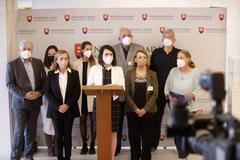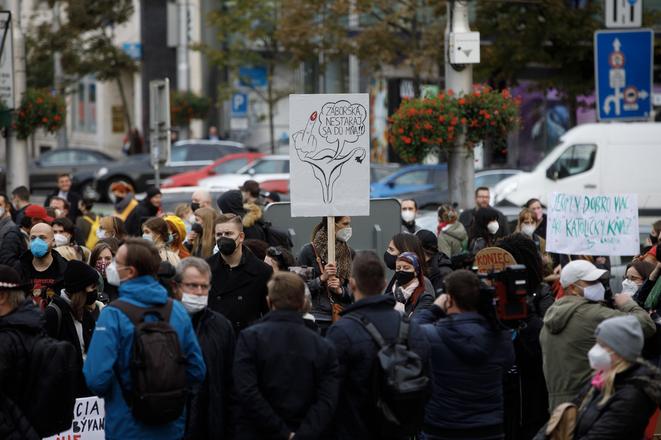“I can’t tell you how it goes, I’m only a nurse. The doctor will give you information.”
This is one of the answers from a recent survey mapping women’s access to legal abortions in Slovakia. Carried out by the Možnosť Voľby (Freedom of Choice) organisation, the survey aimed to find out whether safe and legal abortions are accessible in terms of the availability of information, distance to facilities and finances.
The results are not very flattering.
Under the current rules, abortions are legal up to the end of the 12th week of pregnancy, or until the end of the 24th week for health reasons.
Yet women who decide on an abortion often struggle to find a facility that carries out the procedure. There is no official list of facilities providing legal abortions upon a woman’s request. Though some facilities state on their websites that they perform abortions, or have abortion among the procedures on their price lists, it does not necessarily mean they are performing them.
Distance and money are additional problems.
“The research shows that in some regions, most mapped facilities refuse to carry out legal abortions, and women have to repeatedly travel more than 100 kilometres to the nearest facility providing abortions,” commented sociologist Barbora Holubová, who led the research team.
The survey results come at a time when MPs are discussing another proposal to restrict access to legal abortions. The draft was submitted by a group of deputies led by Anna Záborská, an ultraconservative MP of the Christian Union who made it to parliament on the slate of the Ordinary People and Independent Personalities (OĽaNO).

Zuzana Maďarová from the non-governmental feminist organisation Aspekt says no law can completely prevent abortions.
“Restrictions to legislation in fact mean the restriction of safe abortions and a threat to the health and life of women,” she told The Slovak Spectator.
Lack of information
Researchers from Možnosť Voľby mapped 66 websites of hospitals and medical facilities that specialise in gynaecology between November and December 2020. They also made 56 phone calls to these facilities, had six interviews with gynaecologists, and processed 21 requests based on the law on free access to information in the following months.
Out of the surveyed websites, less than one third stated that they carried out abortions, but a more detailed inquiry revealed that they only do it for medical reasons, or their information is simply outdated.



 The protest against attempts to restrict access to abortions held in Bratislava on October 18. (source: SITA)
The protest against attempts to restrict access to abortions held in Bratislava on October 18. (source: SITA)